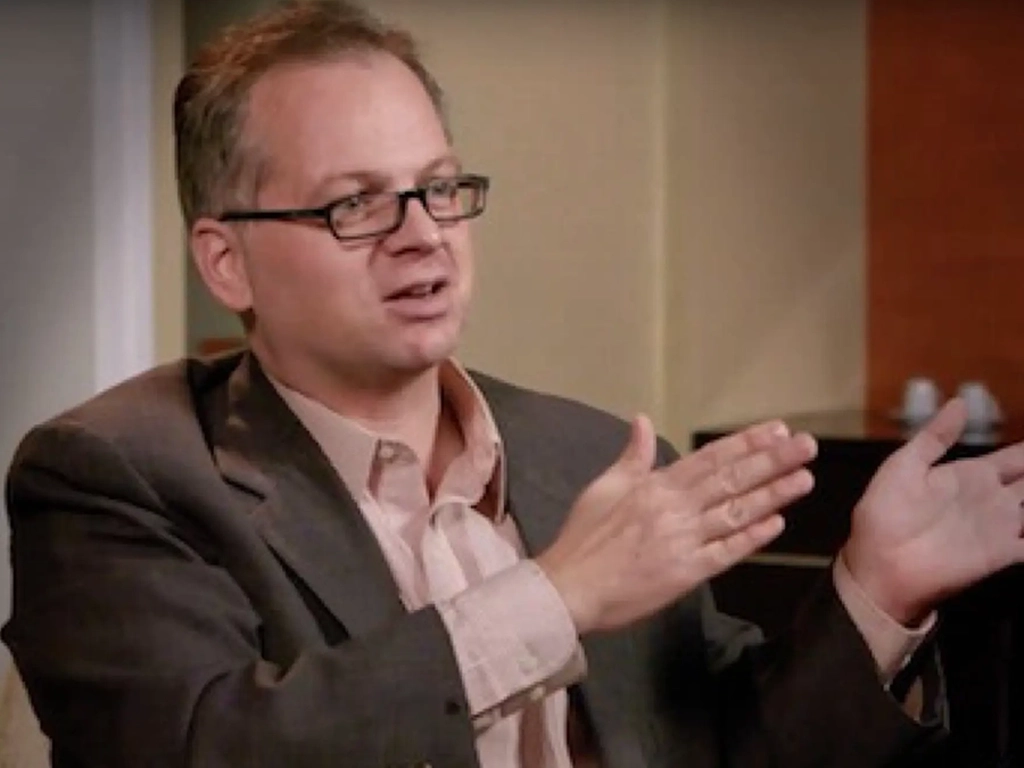Not long ago, there was widespread agreement on how to think about monetary policy. When the Federal Reserve hikes, this story went, it makes credit more expensive, reducing spending on new housing and other forms of capital expenditure. Less spending means less demand for labor, which means higher unemployment. With unemployment higher, workers accept smaller wage gains, and slower wage growth is in turn passed on as slower growth in prices — that is, lower inflation.
…
The worldwide financial crisis of 2007-2009 unsettled the conversation. The crisis, and, even more, the glacial recovery that followed it, opened the door to alternative perspectives on monetary policy and inflation.
J.W. Mason
Barron’s (Full Text)
The Slack Wire (Full Text)
